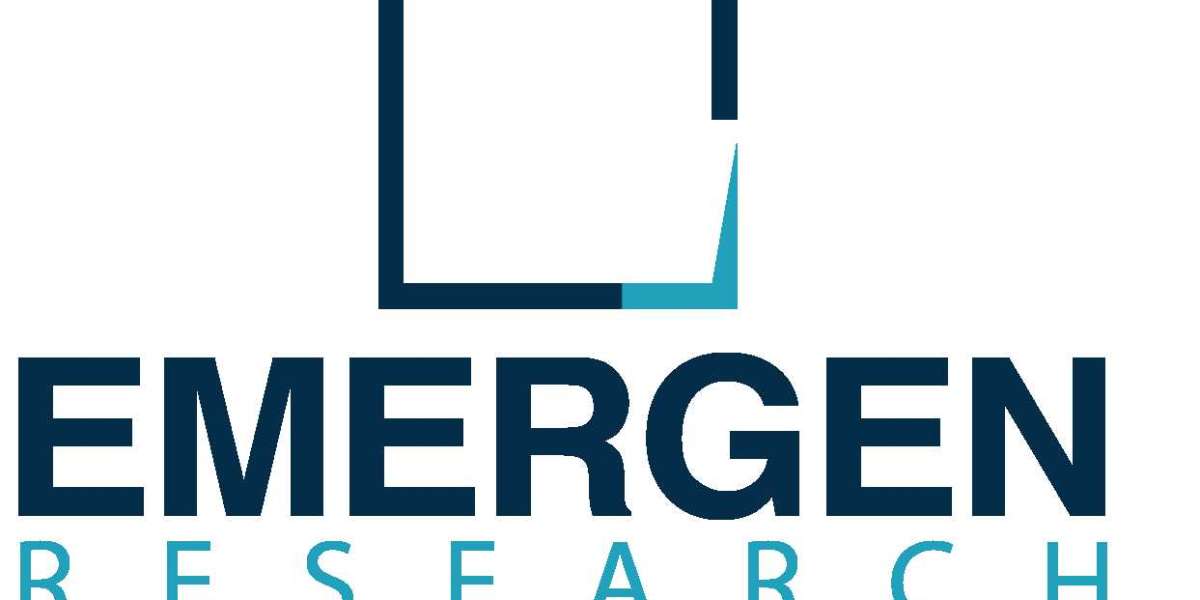In the realm of academic research, the presentation of data is as crucial as the data itself. High-quality figures serve as visual representations that can significantly enhance the clarity and impact of research findings. But what exactly constitutes high-quality figures? This article delves into the essential aspects of creating effective figures and their role in academic communication.
Understanding High-Quality Figures
High-quality figures are characterized by their clarity, precision, and ability to convey complex information succinctly. They can take various forms, including graphs, charts, and illustrations. The primary goal of these figures is to facilitate understanding and retention of information. When researchers present their findings, they often ask themselves: How can I make my data more accessible to my audience?
- Clarity: Figures should be easy to read and interpret.
- Relevance: Each figure must directly relate to the research question.
- Precision: Data should be accurately represented without distortion.
The Role of High-Quality Figures in Academic Communication
Figures play a pivotal role in academic communication. They not only summarize data but also highlight trends and relationships that may not be immediately apparent in text. For instance, a well-designed graph can reveal correlations between variables, prompting further investigation. In this context, one might wonder: How do high-quality figures influence the perception of research?
Research has shown that studies featuring high-quality figures are more likely to be cited and shared. This increased visibility can lead to greater impact within the academic community. Therefore, investing time in creating effective figures is not merely an aesthetic choice; it is a strategic decision that can enhance the overall quality of research dissemination.
Best Practices for Creating High-Quality Figures
To ensure that your figures meet the standards of high-quality figures, consider the following best practices:
- Choose the Right Type of Figure: Select a figure type that best represents your data.
- Use Consistent Formatting: Maintain uniformity in fonts, colors, and styles.
- Label Clearly: Ensure all axes, legends, and titles are clearly labeled.
- Test for Clarity: Ask colleagues for feedback on the figure's clarity and effectiveness.
Conclusion: The Impact of High-Quality Figures
In conclusion, the importance of high-quality figures in academic research cannot be overstated. They enhance clarity, improve communication, and ultimately contribute to the impact of research findings. By adhering to best practices and focusing on the quality of visual representations, researchers can significantly elevate their work. For more insights on creating effective figures, visit  .
.



